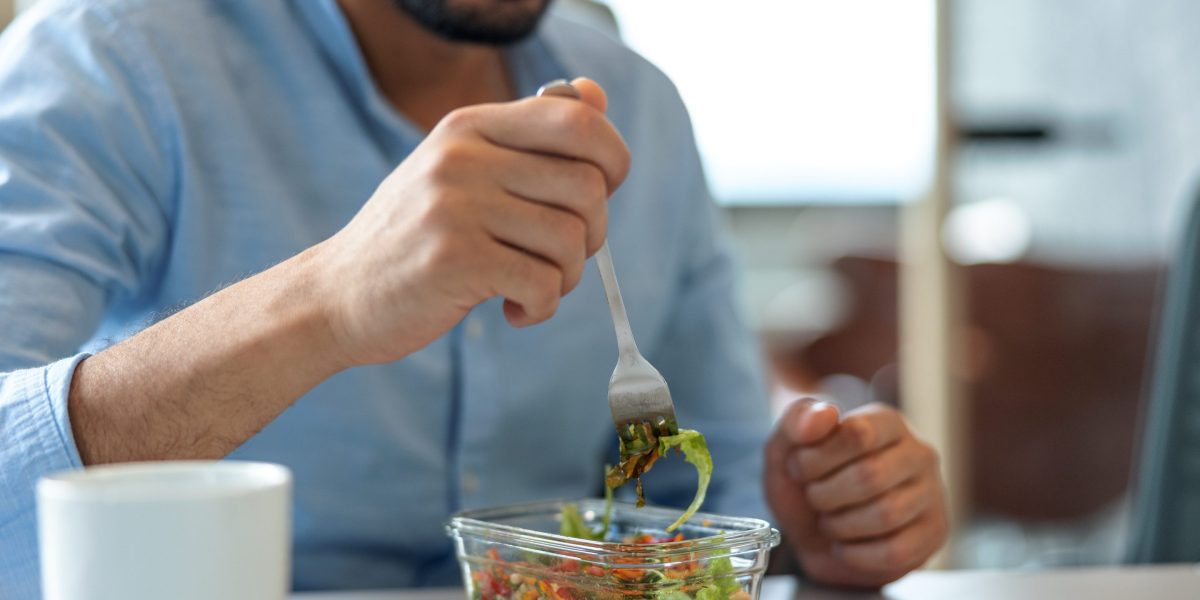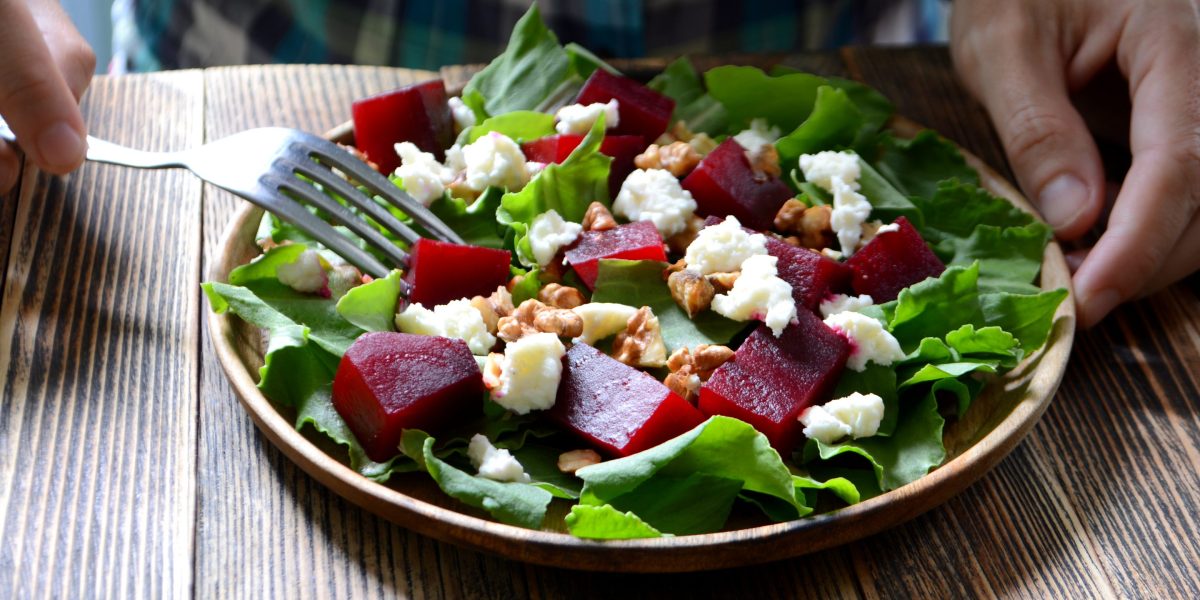
What is inflammation?
Inflammation is our immune system’s response to stimulus, such as an injury or infection. In small doses, it’s actually good for you—it increases blood flow and sends the right immune system cells to the affected area, kicking your body’s defenses into action.
But low-grade inflammation that continues over time—like the kind caused by constant stress—not only raises your risk for chronic disease, it also creates more psychological distress, essentially worsening the feelings that make us stress-eat in the first place.
While many of the processed, sugar-heavy foods Americans tend to turn to for comfort fall firmly into the pro-inflammatory camp, there are other foods that can actually dial inflammation down in the body. Anti-inflammatory foods are those that are rich in plant compounds such as polyphenols as well as natural antioxidants, which help reduce oxidative damage to your tissues. Some of the foods that make the cut include fruits, vegetables, whole grains, beans, fish, poultry, nuts, seeds, and olive oil.
This raises the question: If you’re living with chronic stress, could you turn to an anti-inflammatory diet for relief? Dr. Uma Naidoo, a Harvard-trained nutritional psychiatrist and author of This Is Your Brain on Food, says the answer is yes—with a few caveats.
“In life, in medicine, in health, it’s never just one thing,” she says. “A holistic approach to stress involves a little bit of mindfulness and exercise, as well as better eating. But if you’re only able to choose one thing to focus on, pick diet, absolutely. Food can make a difference.”
Stress management through food can work, but it’s not a quick fix. You’re playing the long game. “It’s a marathon, not a sprint,” says Naidoo. “You’re creating one of the foundational pillars of health, and that takes slow and steady lifestyle changes.”
An anti-inflammatory diet
Simply cutting inflammatory foods from your diet will boost your energy, mood, and sleep, but Naidoo says consistent anti-inflammatory eating will change the makeup of your digestive system in about a month. “A lot of us walk around with inflammation in the gut that’s related to the food we eat, and healing of the gut takes about 28 days,” she says.
As a rule, your goal should be fewer processed foods and more whole foods. A shift in this direction will have lasting benefits, not just for your physical health but your mental health too.
Grow good gut bacteria
A 2020 study in the journal Gut showed that a Mediterranean diet, where fish, poultry, fruits, vegetables, whole grains, and healthy fats rule, reduces inflammation in the body by changing your gut biome, or the types of bacteria that live in your digestive system. Probiotic, fermented foods can also get your gut headed in the right direction.
Best foods: Greek yogurt, kefir, kimchi, kombucha, sauerkraut
Reduce cortisol levels
Cortisol is a hormone produced during your body’s stress response. Your adrenal gland releases it when you’re in a stressful situation and helps manage your “fight or flight” reaction. Just like stress, you need it in small doses. Foods rich in magnesium can help your body metabolize cortisol so it doesn’t hang around for too long in your body. Magnesium can even help you get some fast-acting relief from stress by promoting relaxation.
Best foods: Avocados, bananas, broccoli, dark chocolate, pumpkin seeds, spinach
Regulate stress hormones
Don’t overlook herbs and spices. Some of your favorite pantry staples are high in anti-inflammatory power. “Garlic is a prebiotic that helps balance your gut by stimulating healthy bacteria growth,” says Naidoo. “And turmeric impacts the hippocampus, which is a part of the brain that helps regulate stress hormones.”
Best foods: Garlic, turmeric, ginger, cinnamon, cayenne
Fight free radicals
Phytonutrients are compounds that give plants their rich colors. Most fruits and veggies are full of them. When you fill your plate with deep reds, oranges, yellows, blues, and greens, you’re loading up on inflammation protection. There’s no end to the hues you can use to squash stress.
Best foods: Leafy greens, blueberries, strawberries, carrots, sweet potatoes, blackberries, beets
More on nutrition and inflammation:
- Ultra-processed foods can undermine your health. Here’s how to identify and avoid them
- 5 anti-inflammatory snacks that boost energy and focus during your workday
- It’s not 8 glasses a day anymore. Here’s how much water you should drink each day
- The 5 best supplements for healthy aging, according to a longevity expert





